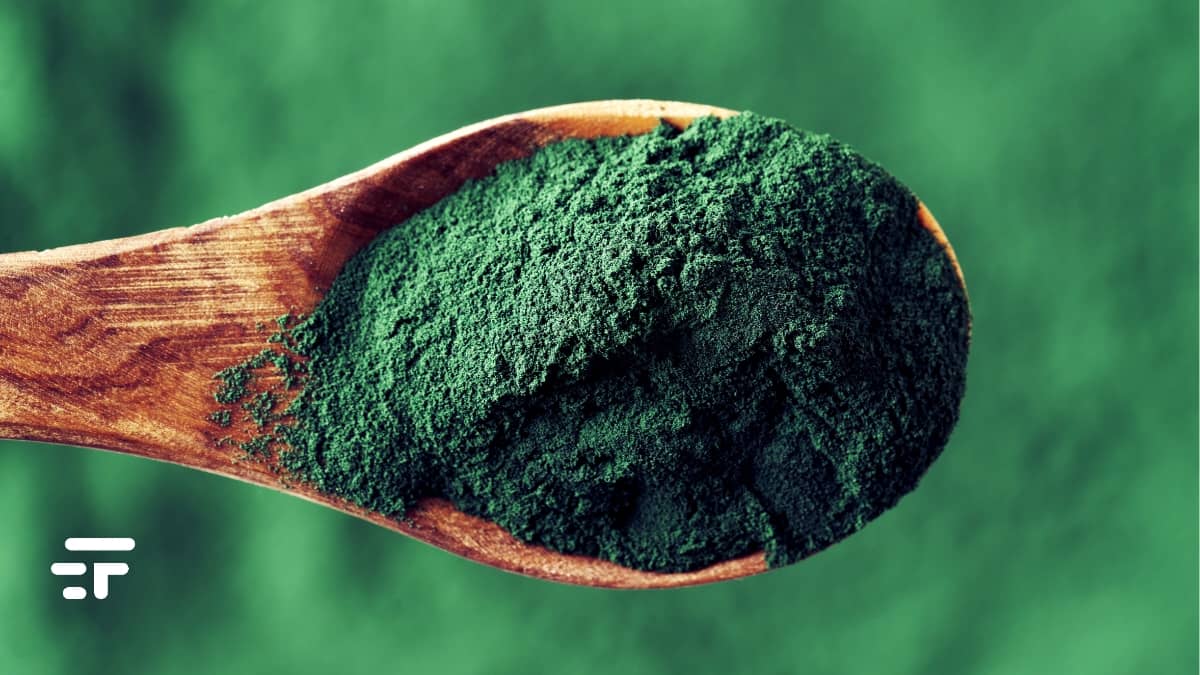Seaweed is having its moment in the sun: the use of marine plants is a rapidly growing trend that can have a say in many fields, from food security to climate change. An algae grows quickly, contains many vitamins and minerals, and recent studies suggest it can also absorb as much carbon as the Amazon.
What are we waiting for to use it?
To date, much of the world has been very slow to adopt seaweed cultivation, despite its wide-ranging benefits. A mainly cultural problem: the general public does not know or has not well mentalized the benefits of algae and its cultivation methods.
The current global value of trade in this true "super food" is around 14 billion dollars, and it is estimated that it will continue to grow (albeit at a slow pace).
A great opportunity if you think the oceans they cover more than 70% of the planet's surface, but contribute only 2% of the world's food. The ocean forest is a potential, gigantic untapped food source.
Alga, a precious ally against world hunger
Research published in September showed how extensive oceanic forests (covering an area twice the size of India) produce on average two to 11 times more biomass per area than intensive crops such as corn and wheat, which means they may hold the key to fighting food insecurity.
That's a fantastic thing: Algae outperforms farmland, and it does so without using fresh water, plus removing carbon and nitrogen from the water. In essence it grows, nourishes, cleans.
Algae are incredibly resistant organisms: some species, such as giant kelp, can grow up to one and a half meters in a single day, and reach 175 meters in length.

It is time to meet the general public
As long as they are considered a “special food,” algae will remain largely inaccessible to the public. If we try to incorporate them into more familiar foods they could enter our daily diet in a big way. A phenomenon that has already begun: startups like AKUA, or Umaro Foods have already launched "vegetable" meats as protein alternatives. There's even a seaweed bacon.
How does that sound to you? Tell the truth. Anything but mainstream, right? Yet in Asia it is a typical ingredient: those people are not stupid at all, on the contrary. As intelligent people, exploit a food with an intelligence of its own.
Algae can create a whole new economy
In addition to serving as a natural carbon sink and nutritious snack, seaweed has also been put to more innovative uses.
A startup called Running Tide is testing using algae to remove carbon dioxide from the atmosphere. In Alaska the greenwave, a company founded by a former fisherman, is training indigenous communities to build a seaweed hub. In Italy, one underwater farm grows fruit and vegetables using the algae that grow naturally on site as fertilizer. In California, a manufacturer is testing a feed derived from algae that reduces methane from cows' flatulence (don't laugh: a cow emits 90kg of methane per year, the equivalent of 3400 liters of petrol).
It can become a sustainable occupation for fishermen and also for many coastal communities, increasingly in difficulty due to climate change.
What do you need to get started?
As mentioned, there is a lack of understanding about the use of algae. How are they grown? How are seeds produced? How do you design and plan a farm? How is seaweed processed? How do you market it, how do you promote it? (here the advertiser speaks).
Not secondary questions, if you consider that at current rates (and they are slow, as I wrote before), algae will equalize the production of potatoes within 30 years.
To be short and practical: governments and companies need to streamline permitting procedures and access to capital for potential farmers, and inform the public about the benefits and opportunities of seaweed and its processing.
The immediately following step, because the problem will then arise, will be in the correct management of the crops. We will not have to make the same mistakes made with "terrestrial" agriculture, and avoid (for example) damage and changes to marine ecosystems.
In short, with algae, the future can be green even at the table.


